About
AI for STEM Education Lab
The focus of the AI4STEM Lab is to conduct research on applying Artificial Intelligence (AI) to STEM education. Our projects are funded by National Science Foundation and NAEd/Spencer. We aim to enhance STEM education by increasing the realization of AI’s potential and feasibility as a means of scaffolding STEM teachers’ instructional decision-making and promoting students’ STEM learning performance. Our research covers four strands:
(a) Conduct AI-augmented innovative and performance-based science assessment research by developing machine learning-based Next Generation Science Assessments. We have developed AI-based assessments to examine students’ scientific modeling competence, argumentation, and explanations, as well as science teachers’ PCK.
(b) Develop AI-based automatic scoring and feedback systems to support teachers’ instructional decision-making.
(c) Conduct research to examine AI scoring bias, especially focusing on students that are underrepresented in STEM.
(d) Develop curriculum to facilitate STEM students’ AI competence.
Our Lab has developed an international and nationwide collaboration network. Our collaborators come from Michigan State University, the University of Illinois at Chicago, WestEd, the University of Washington, Leibniz Institute for Science and Mathematics Education, etc.
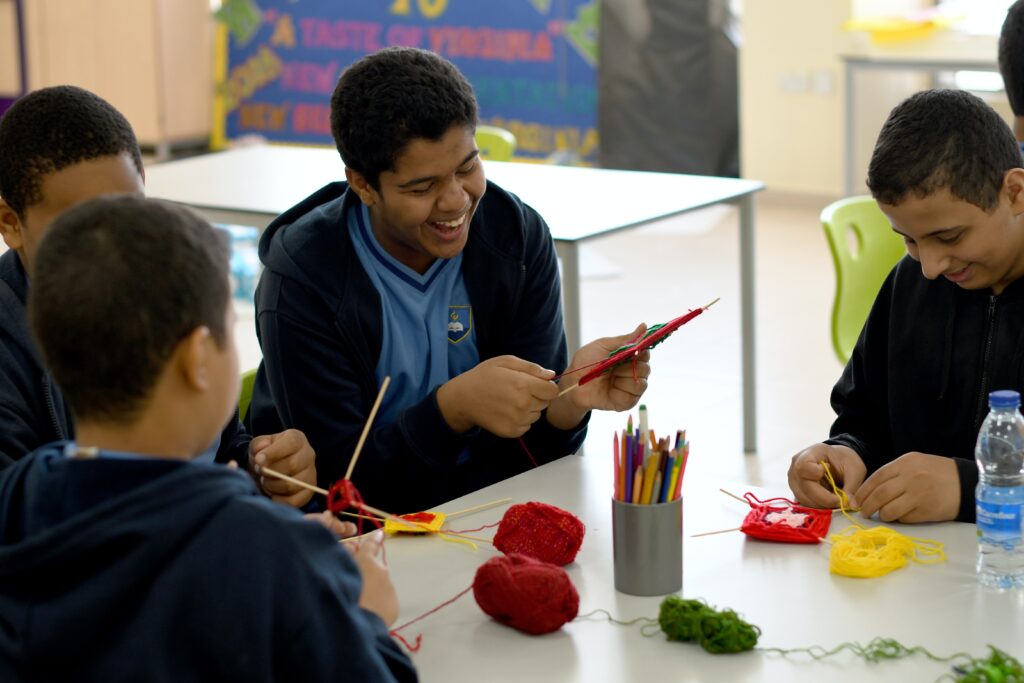
Know more about us
Meet the Team
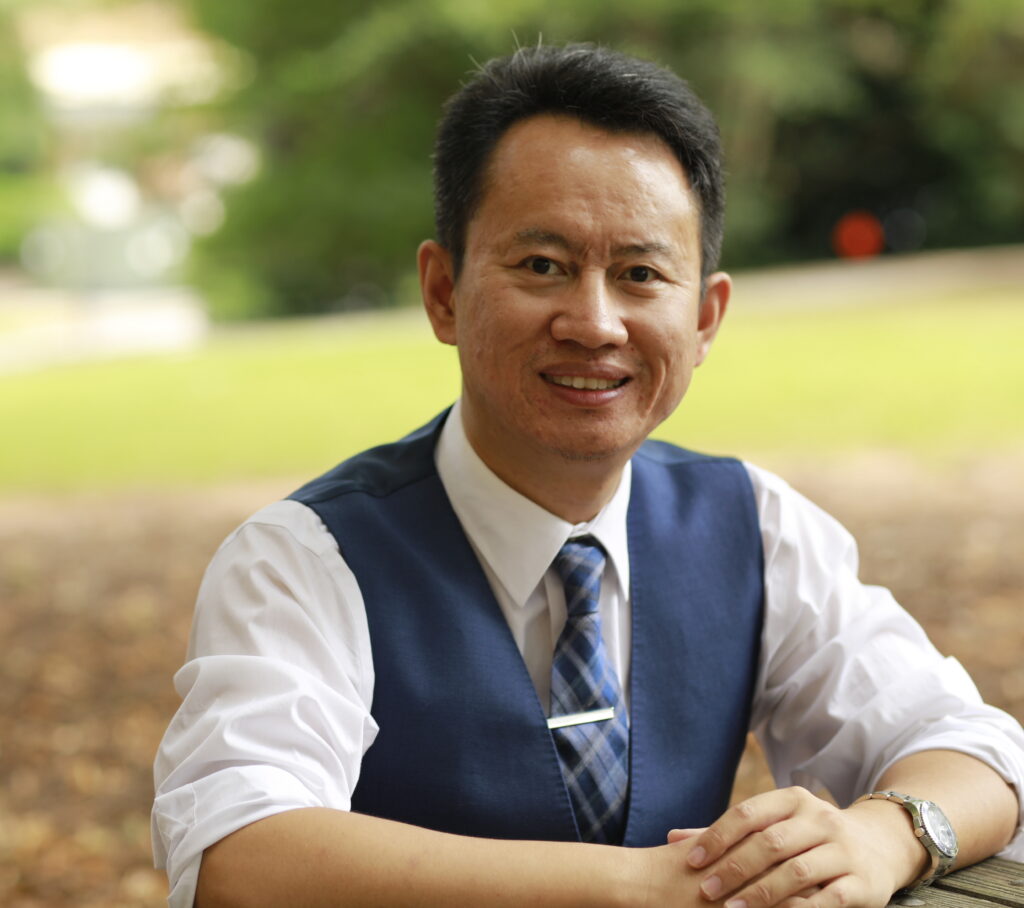
Xiaoming Zhai, Principal Investigator, Assistant Professor in Science Education at the University of Georgia. He is interested in developing innovative assessments (e.g., AI-based) and support teachers in implementing the assessments.
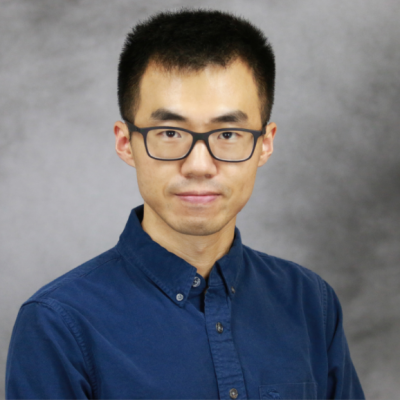
Sheng Li, Senior Investigator, Assistant Professor in Computer Science. He is interested in machine learning (unsupervised learning, transfer learning, deep learning) with applications to big data analytics, computer vision, causal inference, user modeling, natural language processing, bioinformatics, etc.

Holly Amerman, Ph.D. student in science education, Research Assistant, and Project Manager. Holly is interested in K-12 STEM outcomes and in the application of AI and Machine Learning in education.

Xinyu He, Ph.D. student in science education, Research Assistant. She is interested in classroom assessments.

Ehsan Latif, Ph.D. student in computer science, Research Assistant. He is interested in addressing localization challenges of multi robotic systems and developing technological solutions for STEM education
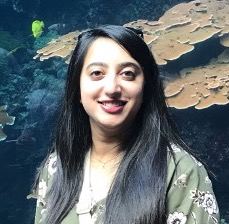
Sahrish Salim Panjwani, Ph.D. student in science education, Research Assistant. She also works as an Instructional Coach supporting teachers in Gwinnett County Public Schools. Her research interests focus on supporting science teachers working with students with disabilities in inclusive classes.
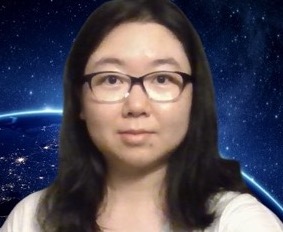
Changzhao Wang is a fourth-year doctoral student in the STEM Education Ph.D. program at the University of Miami. Her research interest is on interdisciplinary and integrated STEM learning and assessment (e.g., integrating robotics programming and literacy education, integrating CT in science education, applying machine learning in STEM assessment), as well as gender equity in STEM learning.
Former Members
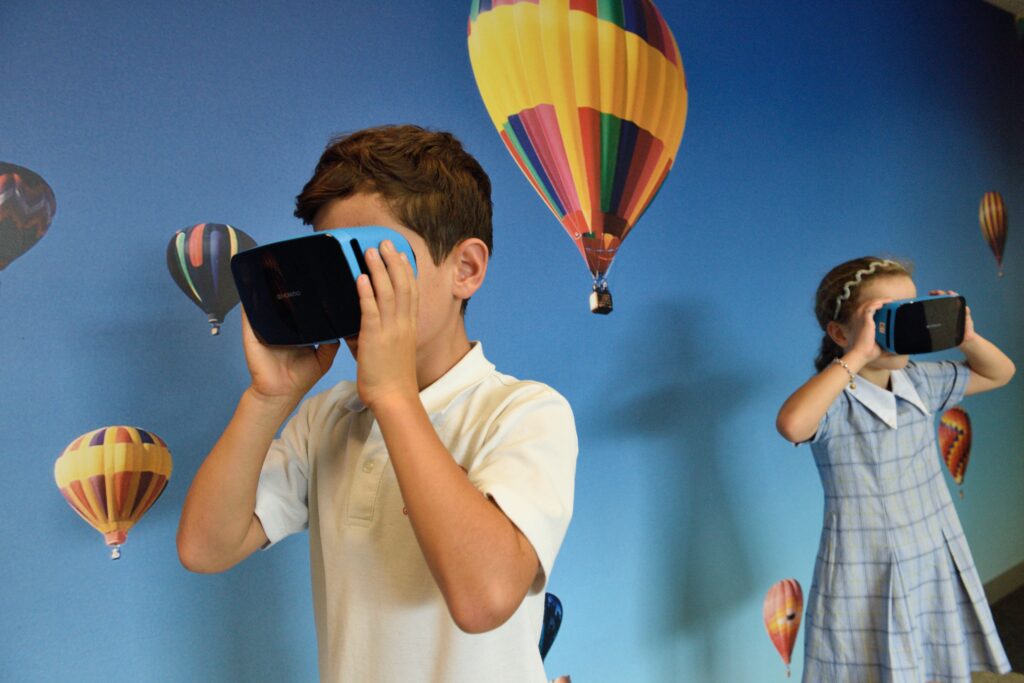
Anagha Narasimha Joshi, Ph.D. student in science education, Former Research Assistant.

Austin David Heil, Ph.D. student in science education, Former Research Intern. Austin’s research is broadly interested in science literacy in general education courses and exploring how epistemology is framed through science writing.
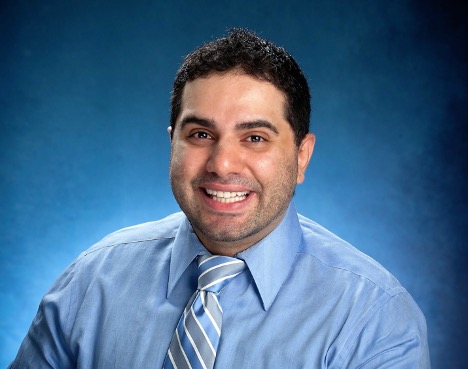
Shahin Shawn Kashef, Ed.D. student in science education, Former Research Intern. His primary areas of research and interest are teacher PCK and decision making, secondary science education, and RTI models.

Ahra Bae, Ph.D. student in science education, Former Research Intern.

Anna Herdliska, Ph.D. student in science education, Former Research Intern.
Work With Us
Lorem ipsum dolor sit amet, consectetur adipiscing elit. Ut elit tellus, luctus nec ullamcorper mattis, pulvinar dapibus leo.
